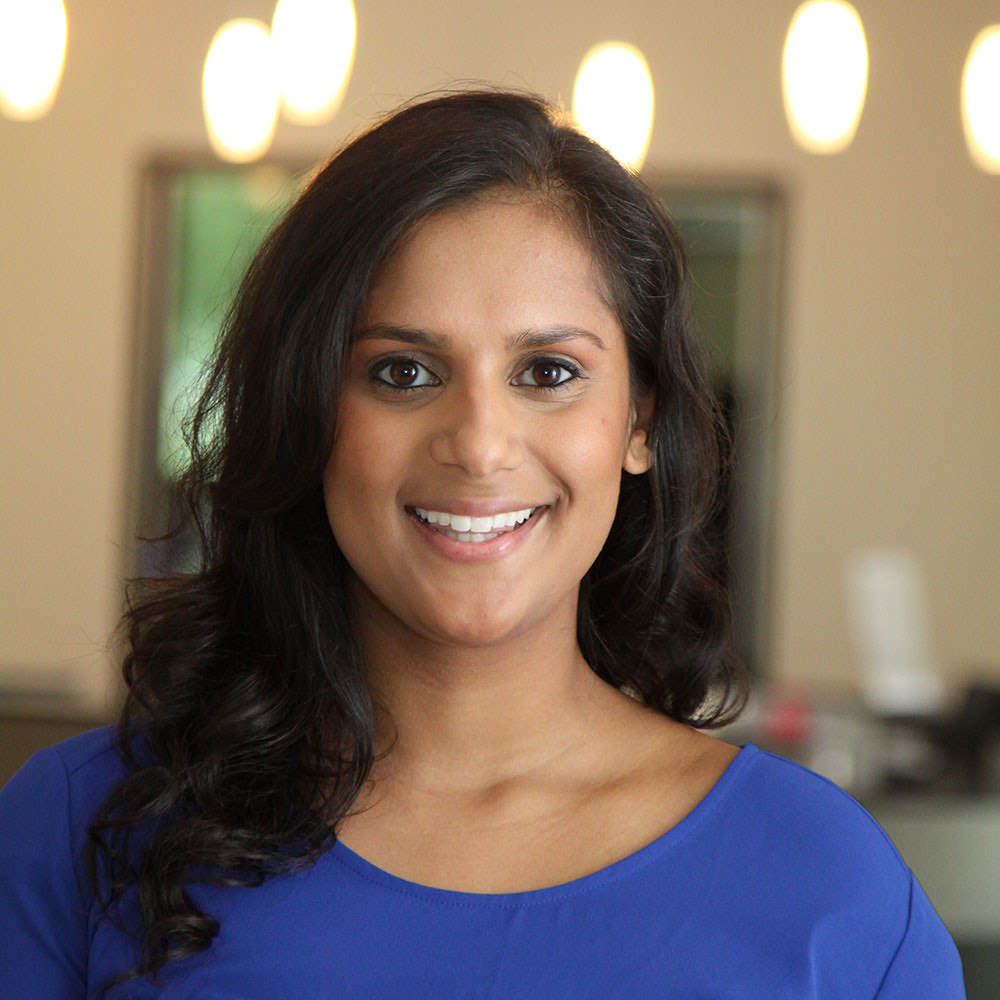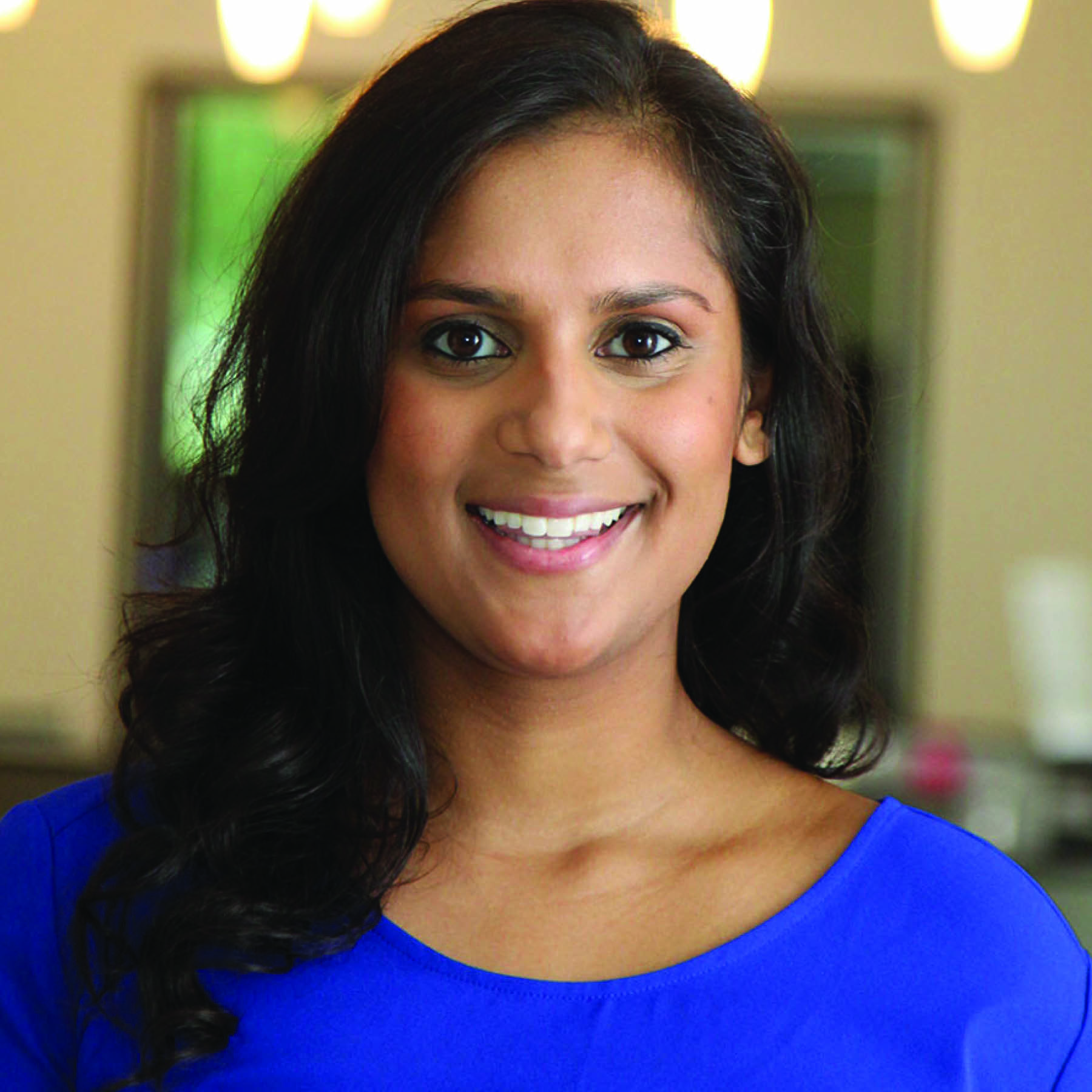Improving Our City: The Ann Arbor Human Rights Commission Project

When she heard a fellow member of the Ann Arbor Human Rights Commission (HRC) express a need for better shared knowledge of the history of local issues and the solutions pursued by other cities, Professor Ghazi saw a unique opportunity for social work students. They could fulfill their research requirement by exploring long-standing equity issues and proposing policy solutions. In the process, the course created an “issue bank” of reports and resources for use by the commission, city council members, and city officials.
Crucial to the success of this project were Professor Ghazi’s strong local ties and her careful scaffolding of students’ work. Student groups appreciated the way that the assignment was designed in three distinct phases with guiding questions and rubrics for the assessment of each deliverable: 1) a report on the issue’s history, 2) a report on possible interventions, and 3) a summary video presentation and infographic. Students’ research has led to three ordinance changes and spurred direct involvement such as testifying before commissions and joining task forces. Students were highly motivated by the chance to have a real impact, and their perception of career paths open to social workers expanded greatly.
Other social work faculty are adapting the assignment’s structure to create additional community engaged courses. The HRC is eager to repeat the project with interdisciplinary teams that include students from public policy and/or architecture and urban planning courses.
Student Comments
This past year it has been difficult to fully engage with course material through distance learning. However, the design of this project allowed me to apply concepts that I was learning each week to the outside world in a meaningful and responsible way.
This project showed me that it’s possible to organize, connect, and make change in a fully virtual world, in the midst of a pandemic.
This project helped me connect my education with future advocacy, volunteer, and career ideas.
As someone who is focusing on mental health and clinical interpersonal practice, thinking about evaluations on a community level felt intimidating; however, Professor Ghazi was there to support my group and me every step of the way by checking-in weekly, editing proposals, and orienting the group with our presentation.
After researching housing and racial equity, my group was invited to present our findings before the Ann Arbor HRC, which allowed us to network and advocate for policy change in support of affordable and equitable housing.
We were all there, past midnight, putting in the extra effort because we cared and our effort mattered beyond a grade or skill development. It was real. And really fun, too.

